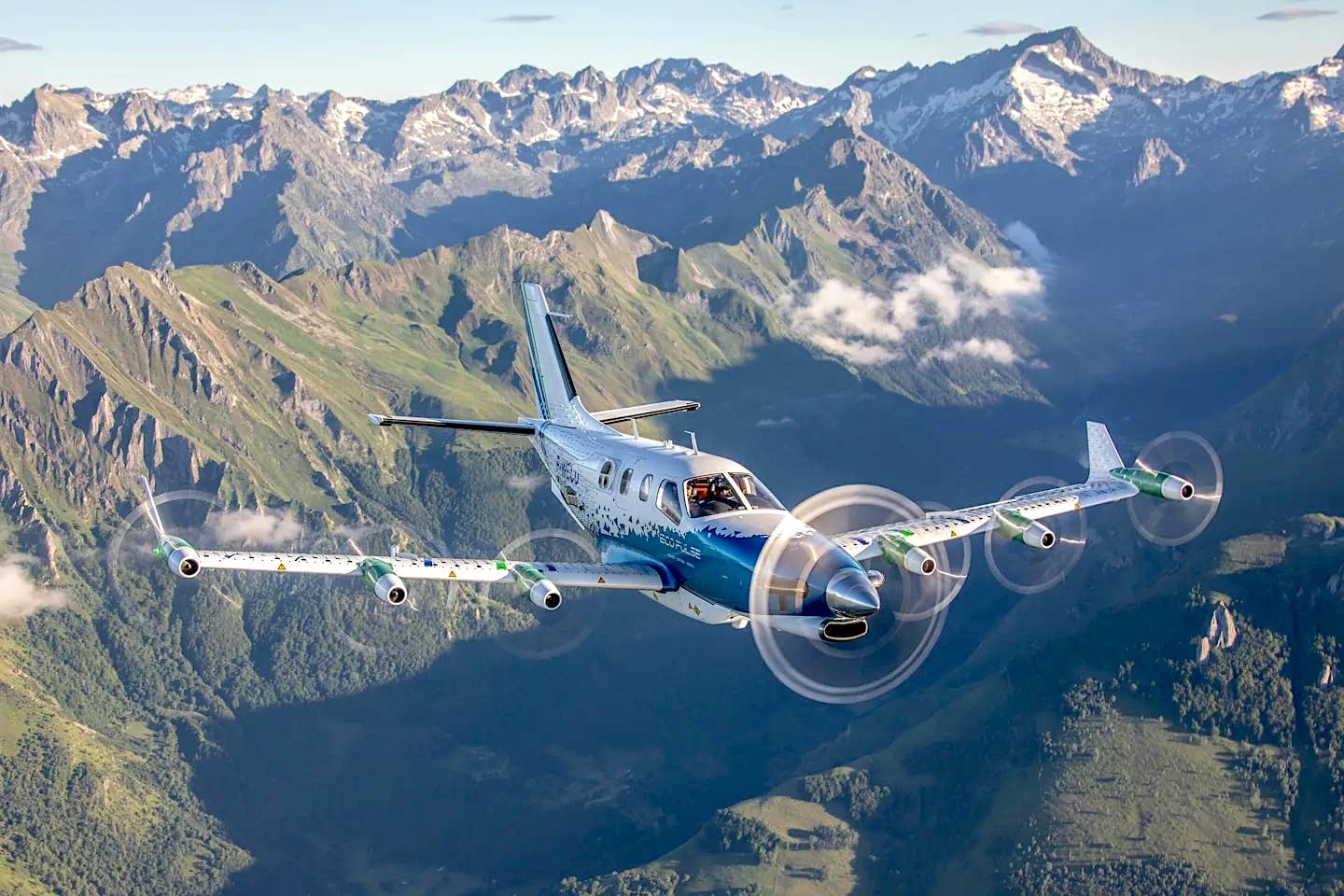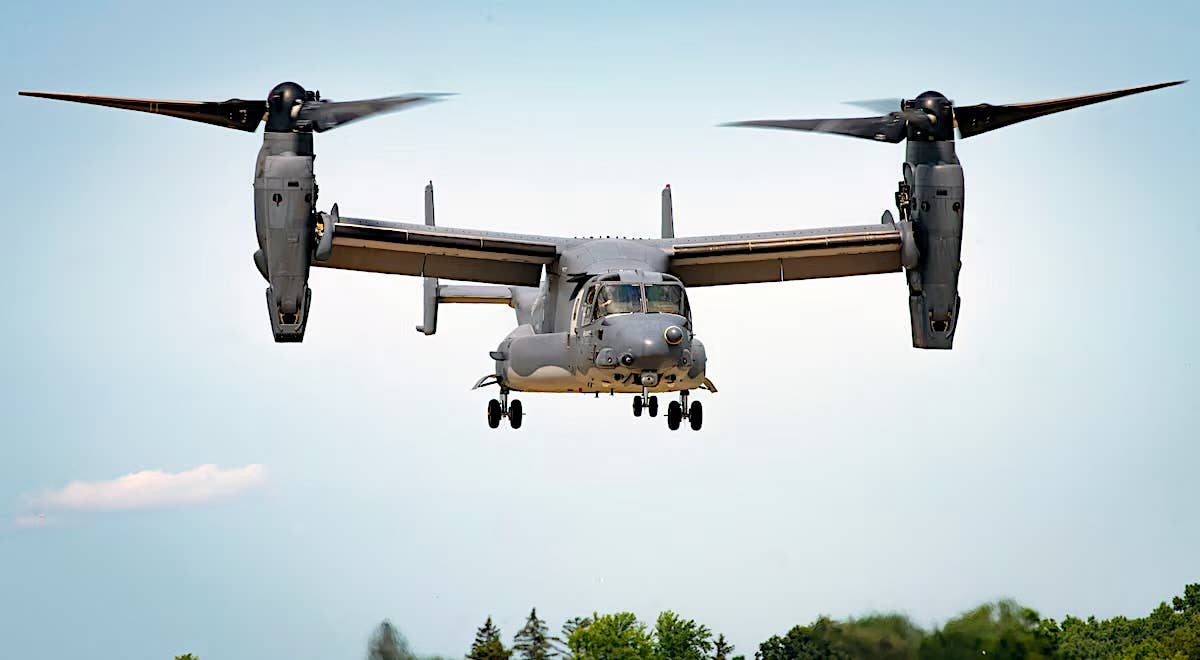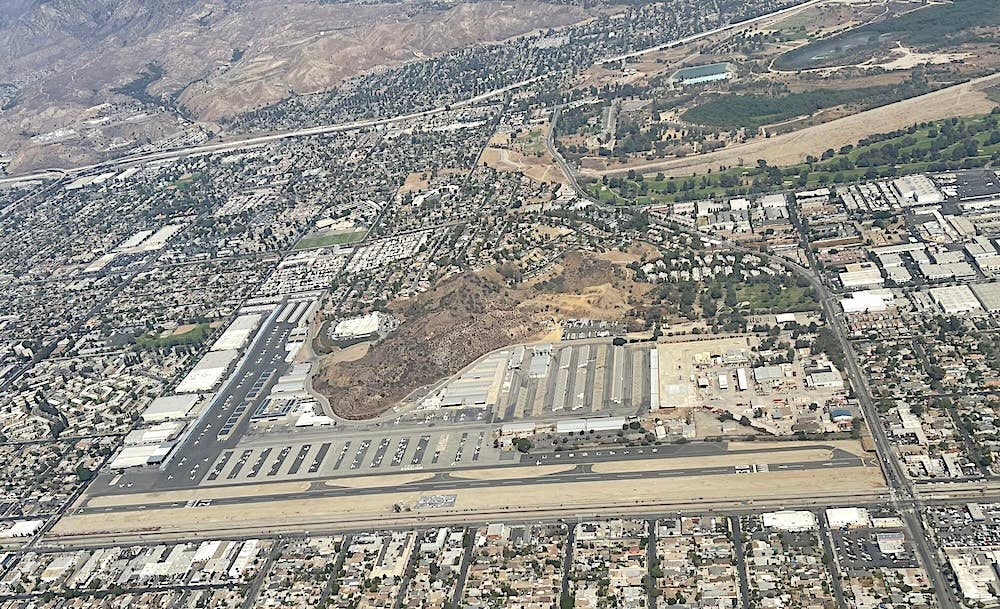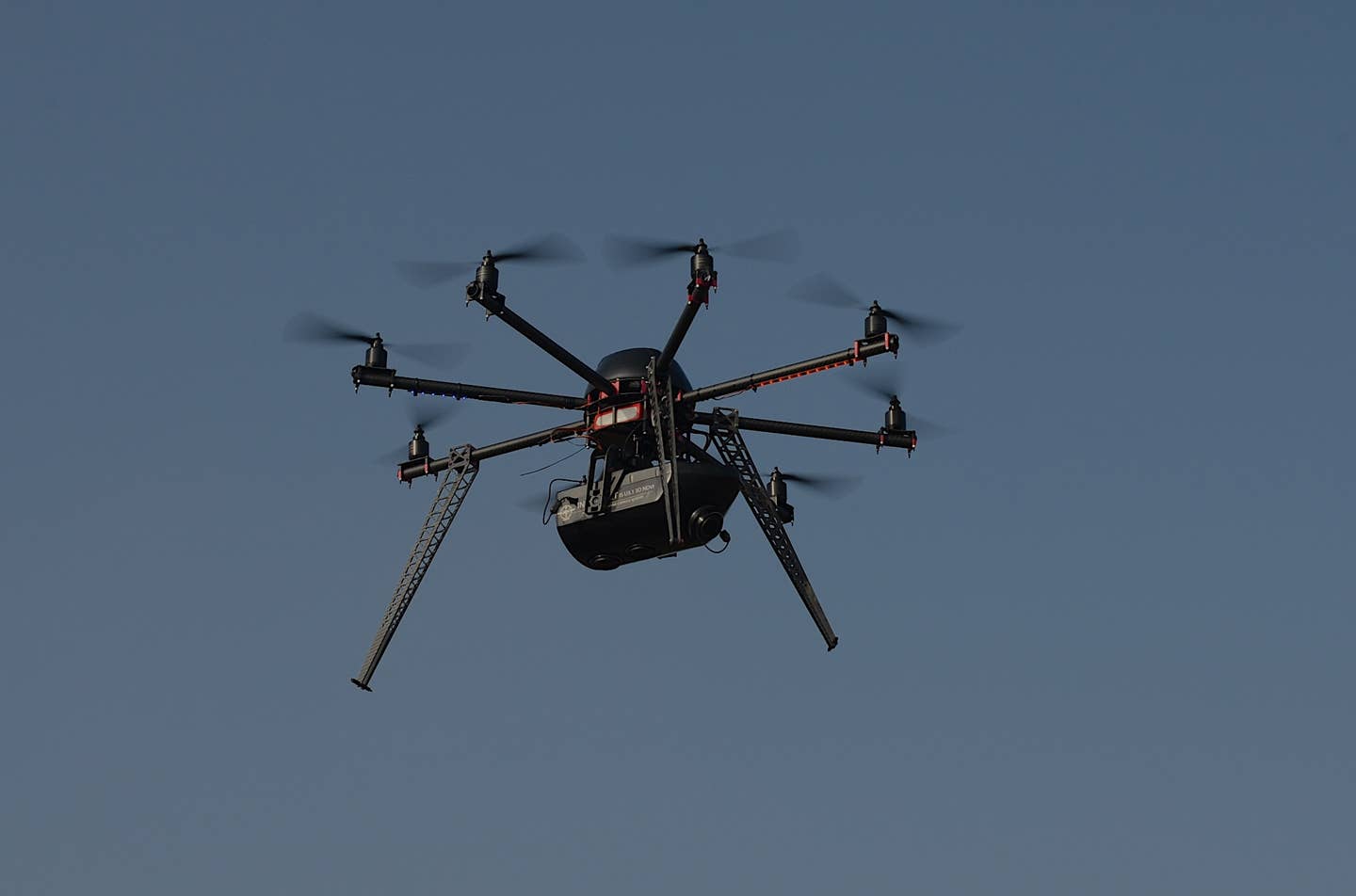Joby Roundtable Offers Insight On Company Culture, Future
During an online roundtable on July 17, Joby Aviation founder and CEO JoeBen Bevirt recalled his pathway to becoming involved in electric vertical takeoff and land (eVTOL) aircraft. He sees…
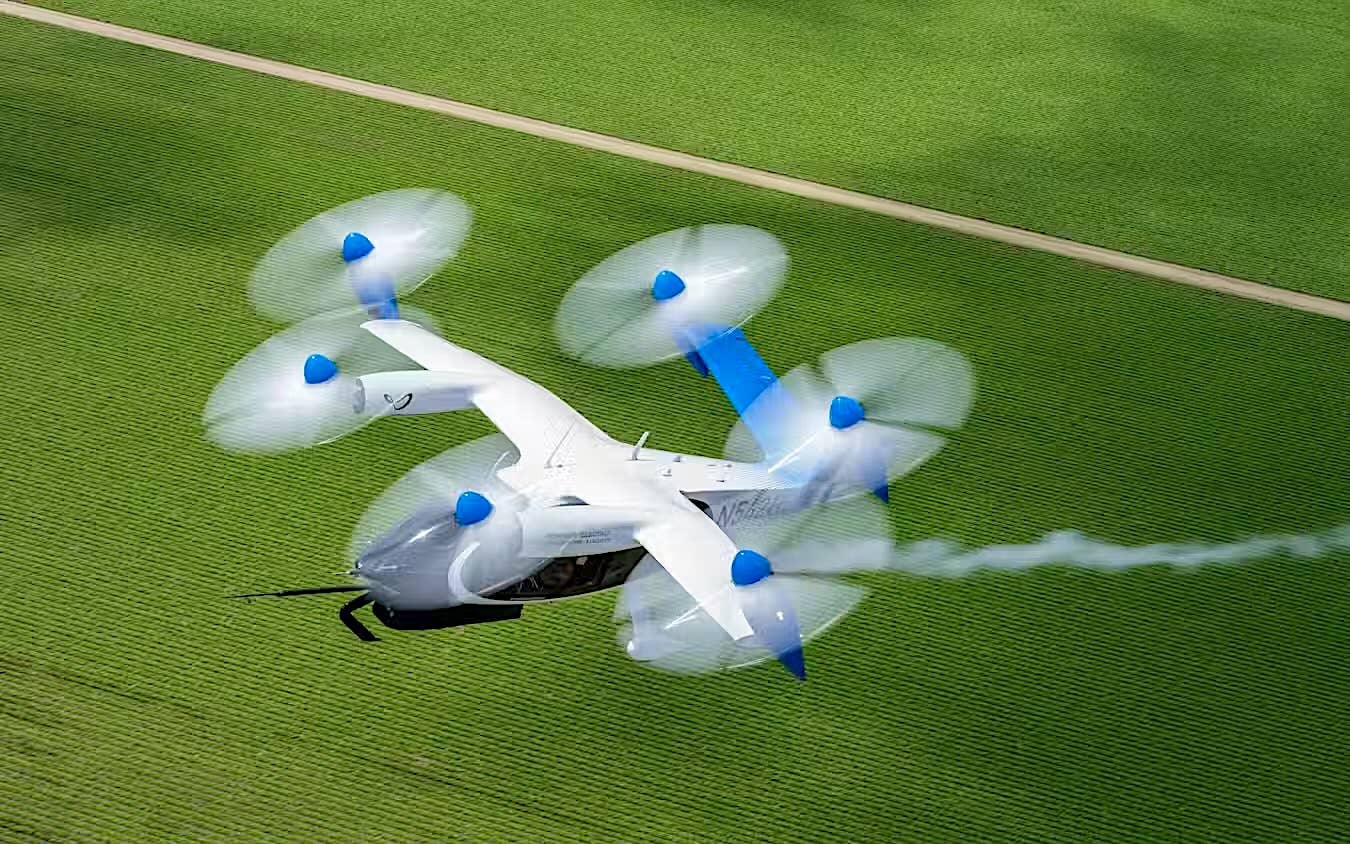
During an online roundtable on July 17, Joby Aviation founder and CEO JoeBen Bevirt recalled his pathway to becoming involved in electric vertical takeoff and land (eVTOL) aircraft. He sees the present as a time of converging transformational technologies that he believes will make aviation “dramatically more relevant to our daily lives and more impactful on the productivity of people around the world.”
He described his start as a young kid with models using combustion engines that were “ridiculously loud,” only to find that models with electric motors were “dramatically quieter.” From there he fast-forwarded to 15 years ago when batteries were able to power VTOLs “for some useful distance,” and he founded Joby. Today, he said the company, with almost 2,000 employees, is on the cusp of launching service with its own “quiet, clean, fast and affordable” aircraft and is part of a global industry.
He likened the present state of eVTOL flight to the 1890s automotive industry, which he said launched first with taxi service and became broadly affordable only after achieving greater critical mass in the early 1900s.
Bevirt cited pilot training as one of the limitations on expanding not just the air taxi business but personal use of general aviation aircraft. Because of this, he sees autonomous flight as a critical component to future growth. He called the acquisition of autonomous flight pioneer XWing an “incredible opportunity.”
As for energy sources, Bevirt noted that battery energy density has close to doubled since 2008 at 300 watt hours per kilogram and hydrogen almost triples the potency of jet fuel at 35,000 watt hours per kilogram, with double the efficiency in turning hydrogen’s chemical energy into propulsion. That further translates into a sevenfold increase in productive energy, he said. And, reducing the weight of the fuel adds range, payload and performance.
Joby Chief Product Officer Eric Allison discussed the company’s vertical integration, not just in design, testing and manufacturing, but also infrastructure. He noted that Joby had recently acquired software developer ElevateOS to develop its air taxi platform. With the software developer in-house, he said, Joby can build the operational software “from scratch” with its own needs and vision at the forefront.
He cited the “laser focus” on going to market with the battery-electric aircraft. The company is now in its Phase 4 of the certification process. On the manufacturing side, he said Joby is on track to reach a run rate of 12 aircraft this year, “including aircraft—and parts—because as you all know that when you’re doing a certification program, you’ve got lots and lots of parts [that need to be certified]. We broke ground this year on an expanded production facility in Marina [California], our pilot production facility that will allow production to expand to 25 aircraft per year. And we acquired a production facility in Dayton, Ohio, which will support initial skilled operation and ultimately help us to reach [our goal of] 500 aircraft per year.”
Allison added that an agreement with Dubai, UAE, is expected to lead to a launch of passenger service in 2025. In response to a question about “passenger awareness” of air taxis, Bevirt responded that the industry is in the “very early innings” and that much work needs to be done “on this journey.”
AVweb asked if Joby’s infrastructure plans included leveraging existing small GA airports. Allison responded, “The short answer is, yes.” He said the plans for infrastructure involved a “three-legged stool” including existing infrastructure [such as small airports] that can be easily converted to electric aircraft operation; converted infrastructure, such as high-rise parking garages; and new-build facilities, purpose-designed to take best advantage of eVTOL technology.


